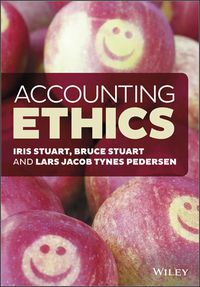Answered step by step
Verified Expert Solution
Question
1 Approved Answer
On January 1 , 2 0 2 4 , Avalanche Corporation borrowed $ 1 0 2 , 0 0 0 from First Bank by issuing
On January Avalanche Corporation borrowed $ from First Bank by issuing a twoyear, fixedrate note
with annual interest payments. The principal of the note is due on December
Avalanche wanted to hedge against declines in general interest rates, so it also entered into a twoyear SOFRbased
interest rate swap agreement on January and designates it as a fair value hedge. Because the swap is
entered at market rates, the fair value of the swap is zero at inception.
The agreement called for the company to receive fixed interest at the current SOFR swap rate of and pay floating
interest tied to SOFR. This arrangement results in an effective variable rate on the note of SOFR
The contract specifies that the floating rate resets each year on June and December for the net settlement
that is due the following period. In other words, the net cash settlement is calculated using beginningofperiod
rates.
The SOFR rates on the swap reset dates and the fair values of the swap obtained from a derivatives dealer are as follows:
Avalanche meets all criteria for hedge accounting using the shortcut method.
Rollforward both the swap account and the notes payable account at each settlementinterest payment date.

Step by Step Solution
There are 3 Steps involved in it
Step: 1

Get Instant Access to Expert-Tailored Solutions
See step-by-step solutions with expert insights and AI powered tools for academic success
Step: 2

Step: 3

Ace Your Homework with AI
Get the answers you need in no time with our AI-driven, step-by-step assistance
Get Started


